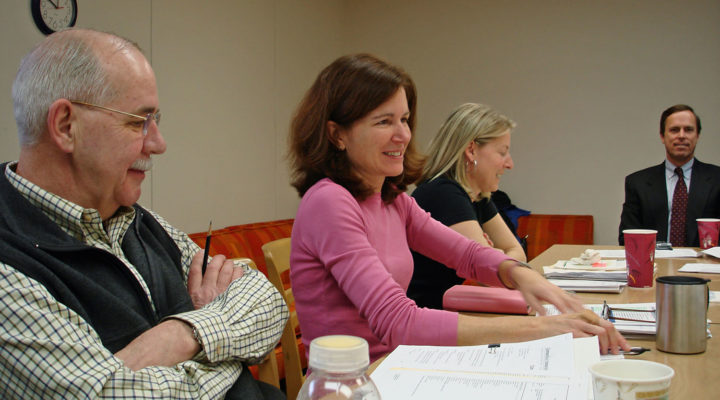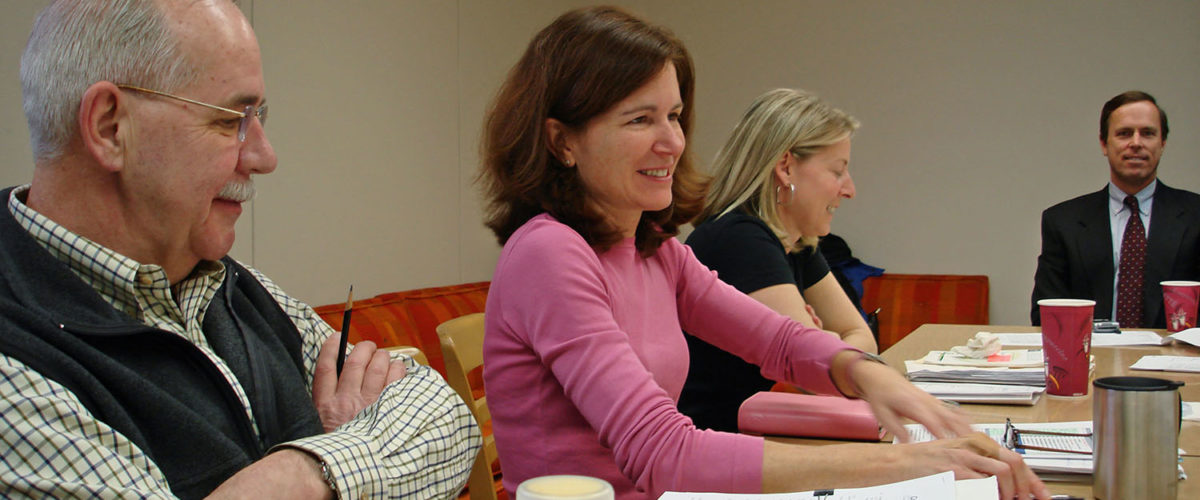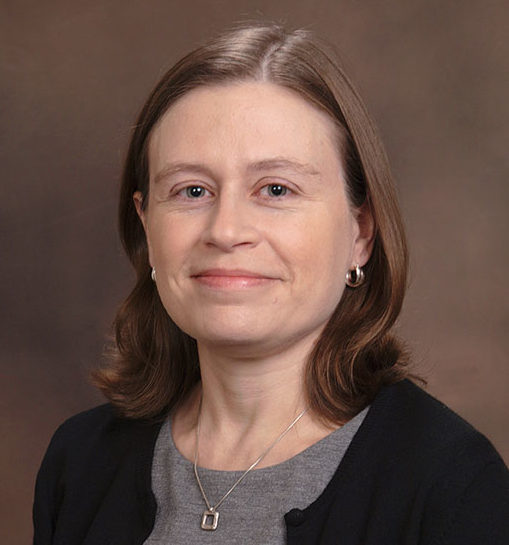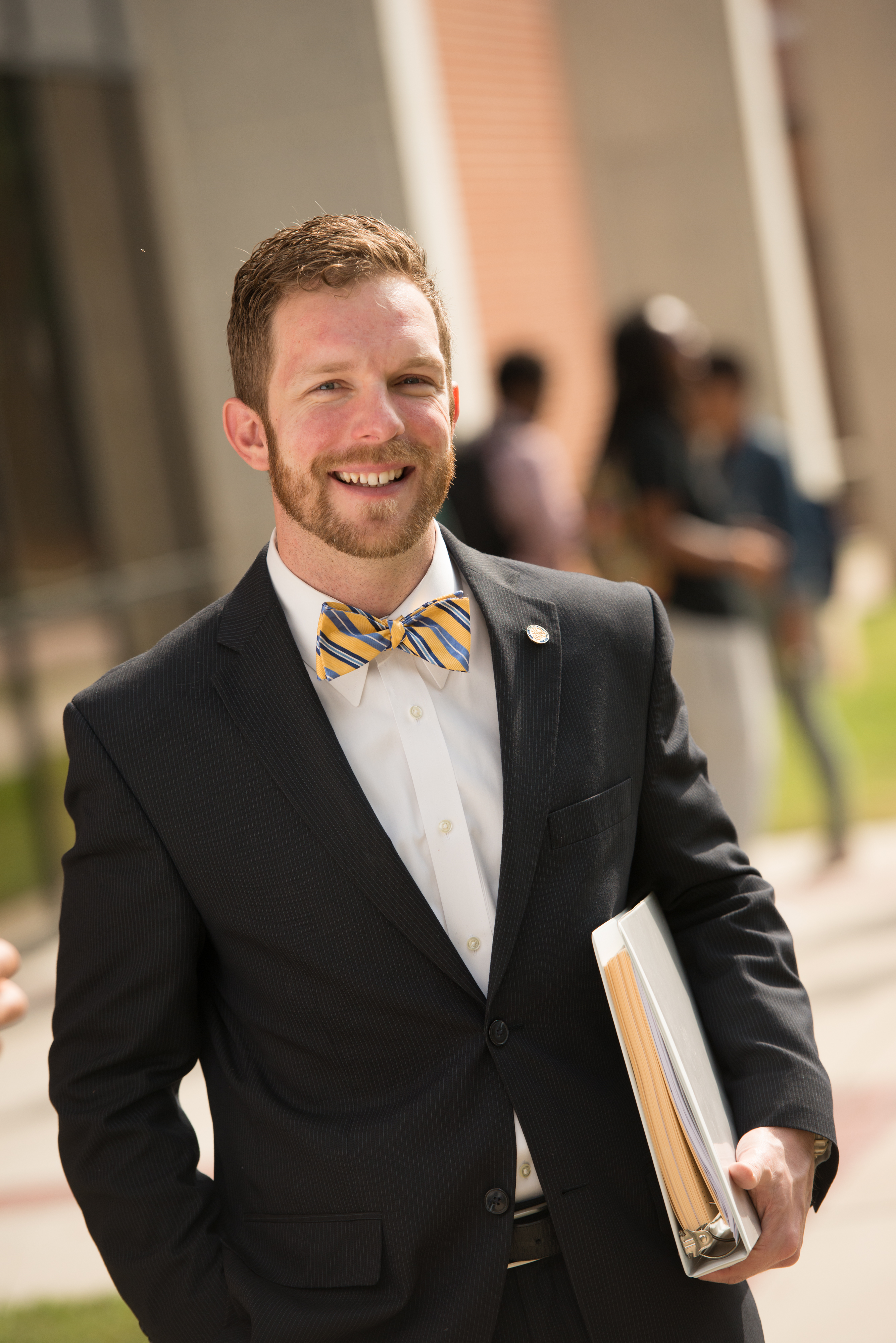It seems obvious that a church searching for its next leader would be clear on how it understands the role of the pastor in its own context. But the hard truth is congregations are often fuzzy on that detail.
“If the church hasn’t clarified that for themselves, then each person in the pews will have their own idea of the role of the pastor — and that will make for a short honeymoon,” said Laura Stephens-Reed, a clergy coach and congregational consultant based in Tuscaloosa, Ala.
And it turns out the candidates are often just as hazy about what they want from churches, she said.
“They need to do that clarifying piece by asking ‘what do you except of me?’ and ‘how does that line up with my strengths?’” Stephens-Reed told Baptist News Global this week.
These and other seemingly obvious but difficult pastor search issues where the topic of “Managing Expectations from Seminary to Steeple,” a workshop presented during the Cooperative Baptist Fellowship’s 2016 General Assembly in June.
The panel-style event featured Stephens-Reed and church and seminary leaders. It was designed to provide perspectives from all angles of the pastor search process, said Craig Janney, who serves congregations, search committees and ministerial candidates as the CBF’s congregational reference and referral manager.
The idea for the topic derived from CBF Ministries Council workgroup meetings on how to enhance resources and services available to Fellowship congregations and ministers during the search process.
The task of being the minister, and of finding ministers, is not getting any easier, Janney told BNG.
As the workshop title implied, the idea is to manage the expectations of everyone involved in the process, he said, adding jokingly that he’s often asked by churches to recommend “a 20-year-old pastor with 30 years’ experience.”
Churches often don’t realize that seminaries aren’t preparing their students to reach and grow families, but instead focus on theological education, biblical training and sermon preparation.
Meanwhile, some candidates will ask that their resumes be sent to flagship churches conducting searches.
“I’ll say they’re looking for someone with significant senior pastor experience, a doctorate and who has managed a staff before. You don’t have any of that,” he said.
Janney said his role, and that of consultants and coaches, is to temper those expectations.
It’s also vital that churches know and understand themselves, their missions and goals. They must take an inventory of their patterns of worship, education, pastoral care, community and stewardship, Janney said.
Resources available through CBF and its state organizations can help churches gain clarity.
That can also be accomplished through intentional interim ministers, Stephens-Reed said.
“An intentional interim minster can help them work through their identity and separate it from the identity of their last pastor,” she said. “That will direct them to what God is calling them forward to do.”
The fact that many Baptist churches and candidates are seemingly groping in the dark while searching for pastors shouldn’t be alarming or surprising, she said.
“In the free church world, everyone is just making it up as they go along,” she said. That’s in contrast to traditions with formal, denominational or hierarchical systems.
Yet, they work, Janney said.
Search committees made up mostly of amateurs with no human resources experience, and making plenty of mistakes along the way, usually are able to find the right pastor to lead them, he said.
Janney said that testifies to the spiritual dimension of the Baptist approach to pastor searches.
“We are staking a whole lot more trust in the Holy Spirit than we are even giving lip service to,” he said. “There is a balance that makes this a spiritual process.”




